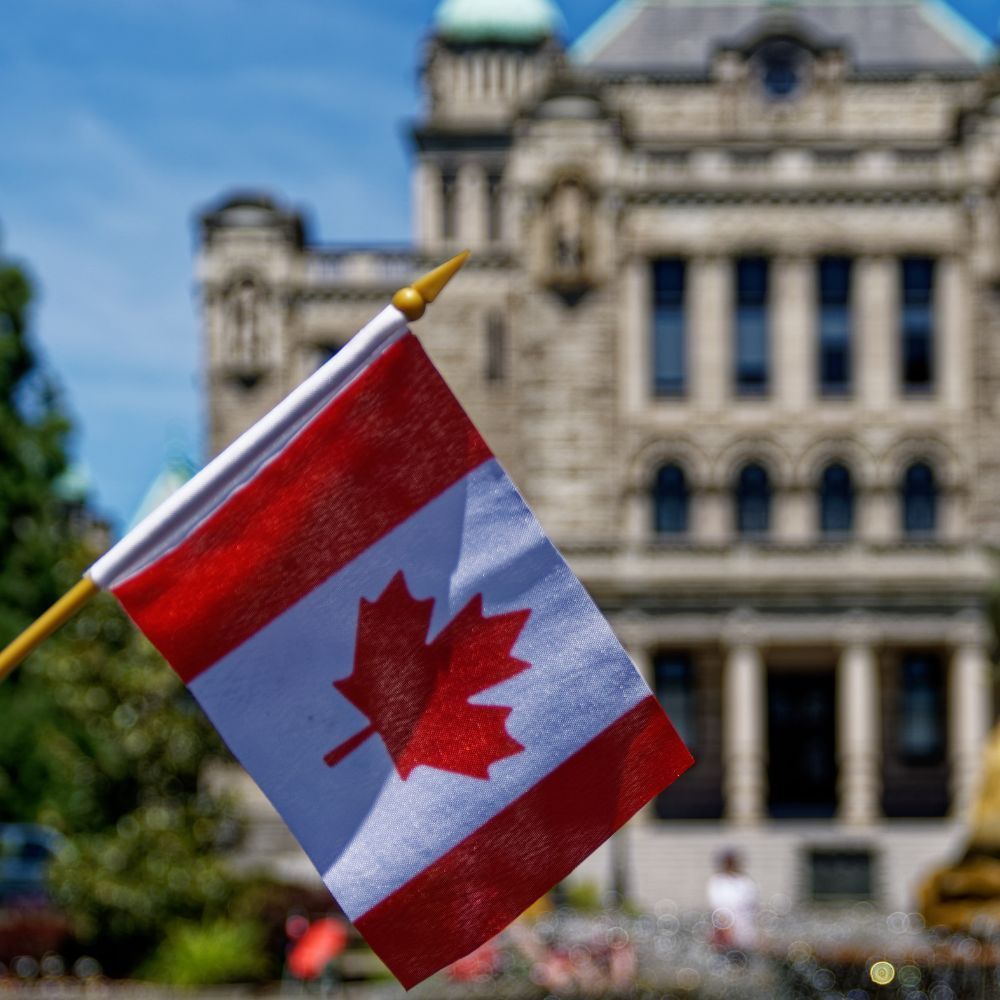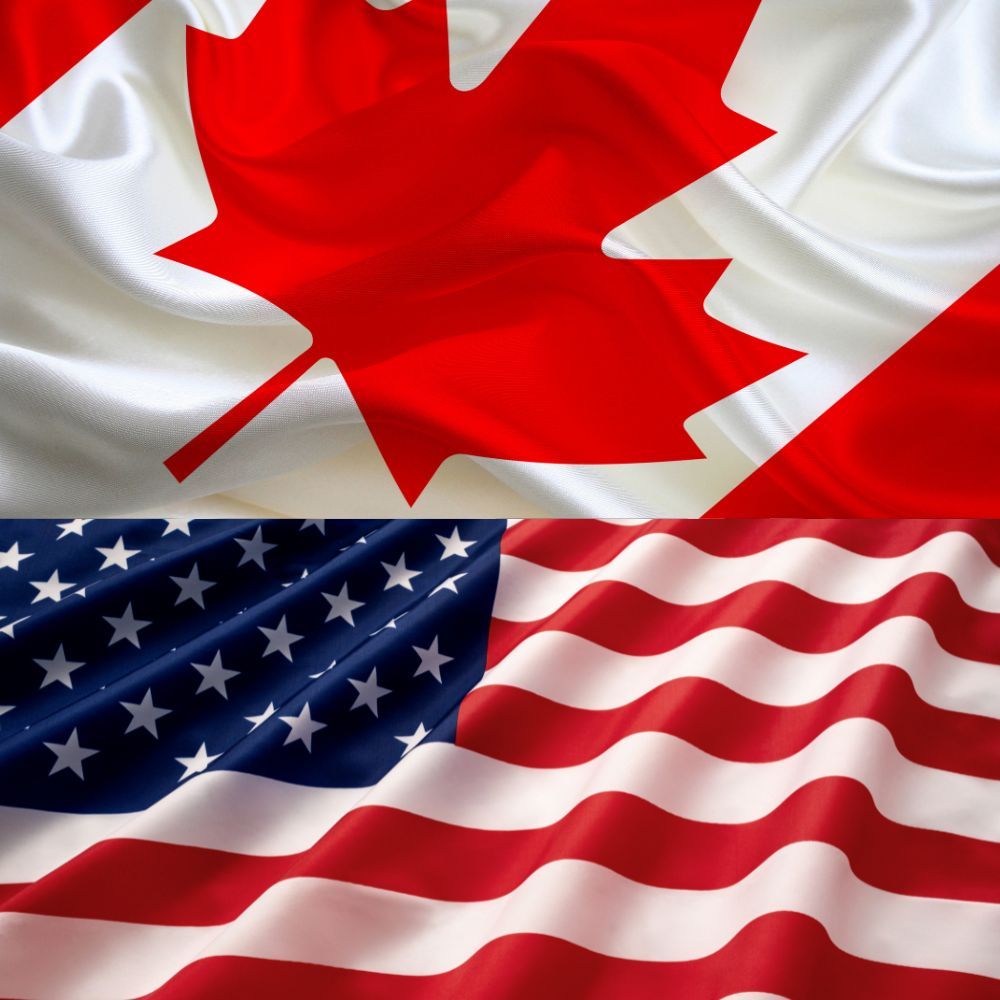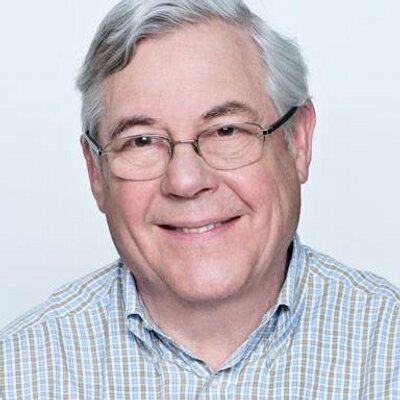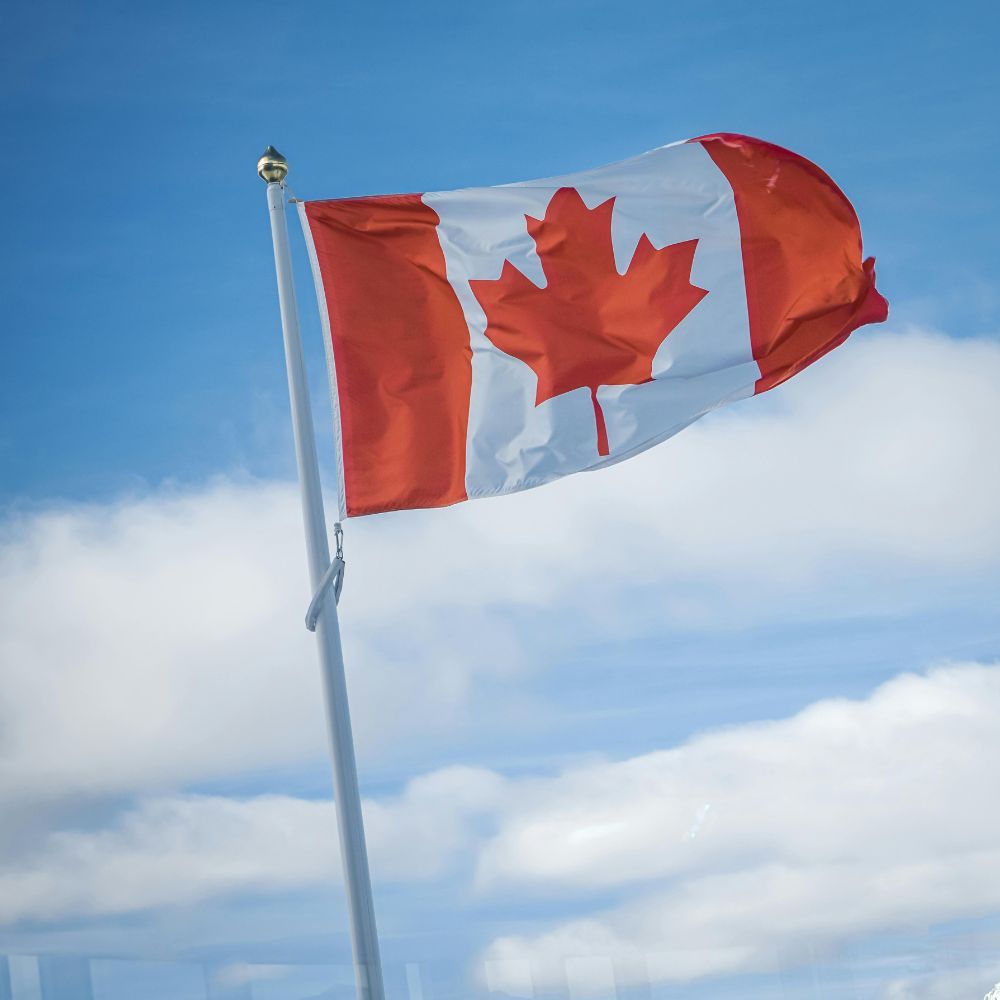Where are the Politicians Who Put the Public Interest first?
We are clearly entering an era where our confidence in the integrity and ethics our leaders at every level is being severely shaken.

Whether it is the stupid use of the Constitution’s notwithstanding clause by Ontario Premier Doug Ford to deny collective bargaining to CUPE workers and legislate them back to work, or his blatant promise breaking to open up thousands of acres of protected land for his home building buddies, or the ganging up of the Premiers demanding huge new health care funding with no indication of how it would be spent, or the constitutional recklessness of the Ottawa hating sovereigntist Alberta Premier Daniel Smith, or the embracing of the anti-democratic strong mayor powers by Toronto mayor John Tory, we are clearly entering an era where our confidence in the integrity and ethics our leaders at every level is being severely shaken.
A well-functioning democracy is built on the trust of the public that politicians will act ethically in the public interest. And in Canada that means not just keeping promises but respecting the Constitution and the Bill of Rights and Freedoms. The infamous notwithstanding clause 33, sometimes rereferred to as the nuclear option, was put in by Premiers as a condition to signing off on Pierre Trudeau’s full package. It shields politicians from legal challenges to legislation that strips Canadians of certain rights, by blithely overriding key sections of the Charter of Rights and Freedoms. I was there when a very reluctant PM Trudeau the had to agree to this weakening of his life’s work. It is now being used more often than was ever dreamt of.
It's unchallenged use by Quebec to in fact rewrite parts of the constitution to declare itself a nation with only one language and Bill 21 to stop religious minorities wearing distinguishing garb to work in public jobs, or Bill 96’s extraordinary prohibitions of the use of the English language and its strict, intrusive enforcement which goes directly against the Constitution. All these bills to allegedly protect Quebec’s unique language and culture would likely not survive a court challenge as unconstitutional. But so far, the federal government has been mute. No less a commentator than Andrew Coyne in the Globe has written, “Doing nothing, saying nothing in the face of this multi province campaign to turn the constitution to mush is the (federal government’s) preferred course.” My former boss, Pierre Trudeau who like Jean Chretien favoured a strong and active central government, one that was certainly in evidence during the Covid pandemic, once mused after Joe Clark had proposed that Canada should be a “community of Communities” that he was never going to be the “head waiter to the provinces”.
But this is precisely what Alberta Premier Danielle Smith would prefer the federal PM to be. Her Alberta Sovereignty Within a United Canada Act according to her statement, “ “will be used as a constitutional shield to protect Albertans from federal overreach that is costing Alberta’s economy billions of dollars each year in lost investment, and is costing Alberta families untold jobs and opportunities.” This from the richest province in the country that still has no sales tax and enjoys a huge budgetary surplus. And she has stated clearly that she wants Alberta to be treated like Quebec which has routinely opted out of federal programs. But she would go further not permitting public entities like the police to enforce federal laws – a federal gun control law would be a test. How closely power-hungry other premiers like Doug Ford and Saskatchewan Premier Scott Moe must be following this power crab. Scapegoating Trudeau and the federal government, even blaming him for “Justinflation” as Conservative leader Pierre Poliviere has done is hardly advancing public discourse or the public interest.
Perhaps happily much of the non-rural Alberta public while perhaps thinking Trudeau hates them doesn’t like Smith’s nation threatening solution. A recent Leger-Postmedia poll found that fewer than one-third of Albertans see the sovereignty act as “necessary to stand up for Alberta against the federal government.”
Doug Ford threatened to use the notwithstanding clause in 2018 to unnecessarily chop the number of councilors in Toronto. It is a weapon he obviously likes deploying to get his way even if it threatens rights using it again in 2021 — for the first time in the province's history — to restore parts of the Election Finances Act that had previously been declared unconstitutional, enforcing a rule that third parties could only spend $600,000 on advertising in the 12 months before and election.
Then more recently he used it to force CUPE education workers back to work denying them the right to collective bargaining. The support of other unions threatening a general strike forced him to back down. But be sure when he needs it he will unholster it again.
Ford has severely shaken the public’s trust in another area. He is selling 7,400 acres or protected Greenbelt land to developer friends in order to open it for 50,000 new homes. It is well to remember what this incursion represents a dangerous precedent for this 7300 km band of rural and agricultural land created to restrict urban sprawl in 2008. This Greenbelt surrounds the Greater Toronto Area and Niagara Peninsula, and parts of the Bruce Peninsula. Much of the land is in the Oak Ridges Moraine, an environmentally sensitive area, the major aquifer for the region, and the Niagara Escarpment, a UNESCO Biosphere Reserve.
Private interests have trumped the public interest here. And Ontarians love their Greenbelt, its woods and trails. York region had a plan to turn some of the Greenbelt lands into recreational areas. Now overtaken by Ford’s grab. This weekend Ford announced his ambitious housing plans that allegedly need Greenbelt land; he blamed Trudeau’s immigration policies for creating huge new demand. At least 20 protests against opening the Greenbelt were held across the province, with hundreds of Ontarians turning out to demand the government reconsider.
There is one glimmer of hope since one of the development parcels is adjacent to the Rouge National Urban Park, which borders a portion of the Greenbelt in Pickering, Ont., called the Duffins Rouge Agricultural Preserve. The preserve is among the areas set to be removed from the Greenbelt. Parks Canada wrote a strong letter to the province demanding consultation and saying: “there is a probable risk of irreversible harm to wildlife, natural ecosystems and agricultural landscapes within (the park).” An environmental assessment could follow.
Moving to the Premiers’ incessant demands for greater healthcare funding which climaxed recently with a joint news conference demanding a face-to-face meeting with the PM. Trudeau has said Ottawa will come forward with more funding, but it must be accompanied by “results.” Throwing money into a “broken system” isn’t the answer, Trudeau told reporters last month, but rather provinces need to embrace changes to improve the health services available to Canadians. Other than asking for money, the provinces have provided no plans to tackle what is obviously a system under terrible strain. This is politicians playing high stakes poker while children and adults wait endlessly in emergency departments.
One wonders what goes on in the offices of our leaders who increasingly play their power games with our lives and livelihoods. Governments at all levels are often accused of being out of touch with the real concerns of real people. This seems to be a cancer affecting politicians everywhere. They threaten our rights, refuse to protect the environments we value, are mute while other politicians attack the very structure of our nation. Chretien once said he liked being PM because he could do good. And my old boss often asked as provinces tried to get more money and power, “who speaks for Canada?” Who indeed, and who speaks for us? Who puts our interests first?
Patrick Gossage Insider Political Views




